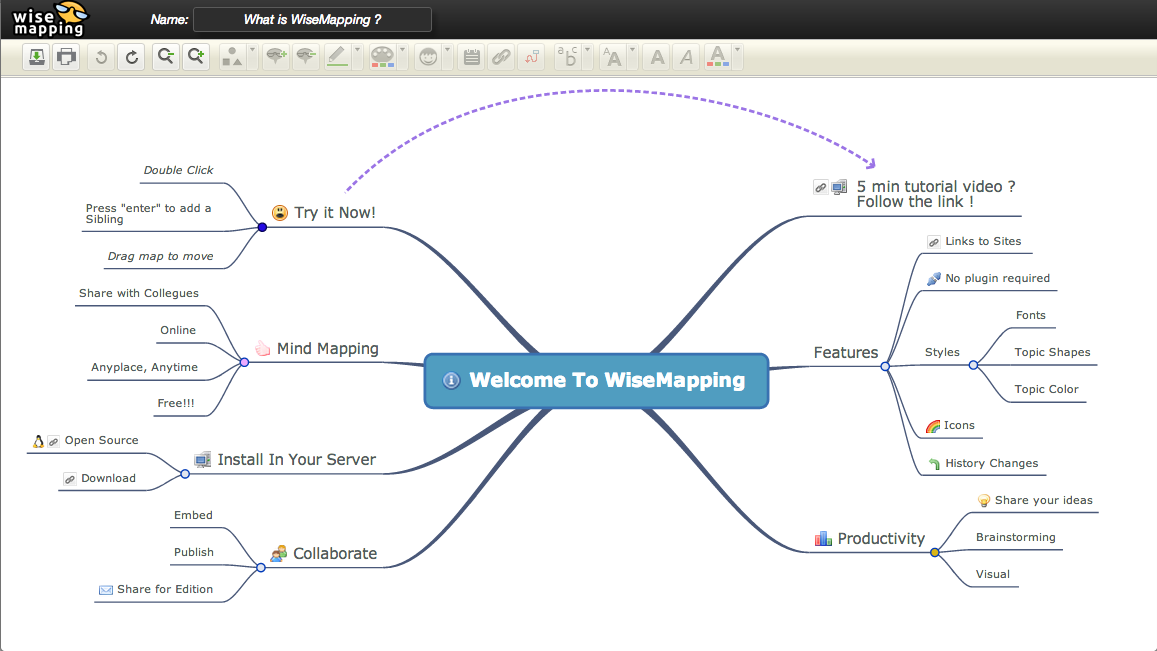 When researching for information and inspiration, you will encounter vast amounts of potentially interesting content. Images, web pages, video clips, books, sections of text in a blog post, etc. Rarely do you have time to dig deeper when you first encounter it, but how do you remember everything you might want or need to get back to later? There are many tools that can be used for different parts of the creative research process, and to suit different styles of exploration. These are a few recommendations. Still from The Brain that Wouldn't Die (1962)
When researching for information and inspiration, you will encounter vast amounts of potentially interesting content. Images, web pages, video clips, books, sections of text in a blog post, etc. Rarely do you have time to dig deeper when you first encounter it, but how do you remember everything you might want or need to get back to later? There are many tools that can be used for different parts of the creative research process, and to suit different styles of exploration. These are a few recommendations. Still from The Brain that Wouldn't Die (1962)
 Citations aren't just for pasting into the bibliography of a research paper. Citations are the fundamental details you need to keep track of any kind of information that is important to you. Think of citations like a kind of contacts list for the sources that have the most influence on your work.
Citations aren't just for pasting into the bibliography of a research paper. Citations are the fundamental details you need to keep track of any kind of information that is important to you. Think of citations like a kind of contacts list for the sources that have the most influence on your work.
Even if you're not formatting sources for a paper, you still want to be able to keep track of the most important sources you encounter so that you can "get in touch" with them again later.
 Sometimes organizing events or places related to your topic by location or time can help you see your topic in a new way, unearthing new questions, connections, or insights.
Sometimes organizing events or places related to your topic by location or time can help you see your topic in a new way, unearthing new questions, connections, or insights.
The tools below can help you visualize your topic geographically or chronologically.
 Try visualizing your topic to explore all of the different angles, ideas, and key concepts related to your topic. This is a good brainstorming exercise and can also help focus your topic into a guiding question.
Try visualizing your topic to explore all of the different angles, ideas, and key concepts related to your topic. This is a good brainstorming exercise and can also help focus your topic into a guiding question.
The tools below can help you visualize your topic.

